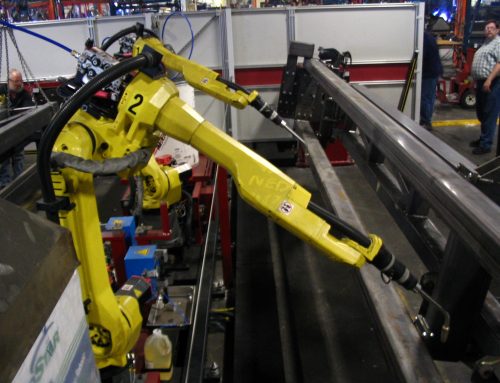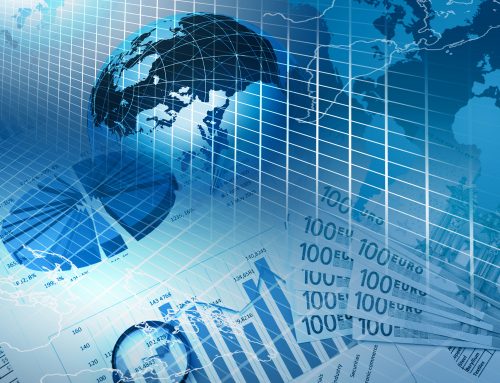 A recent study by a global executive search firm found that people, not technology, are the most important asset to global economic growth. Human capital represents a $1,215 trillion gain for the global economy, while “physical” capital (technology, real estate, and inventory) represents $521 trillion. These results may appear unsurprising yet need to be articulated at a time when technology is touted as a means to gain productivity and artificial intelligence (AI) seems poised to eliminate many more jobs.
A recent study by a global executive search firm found that people, not technology, are the most important asset to global economic growth. Human capital represents a $1,215 trillion gain for the global economy, while “physical” capital (technology, real estate, and inventory) represents $521 trillion. These results may appear unsurprising yet need to be articulated at a time when technology is touted as a means to gain productivity and artificial intelligence (AI) seems poised to eliminate many more jobs.
Global productivity has been sluggish at 1.5% in 2015 and 2016, and global GDP growth is not much better, at 2.9% in 2015 and 2.6% estimated for 2016. CEOs have turned their attention to technology as a means of garnering longevity in the marketplace. 67% of CEOs surveyed believe technology can create greater value than human capital and 63% believe technology will become a source of advantage. Further, 44% believe that AI will make people “largely irrelevant” in the future of work.
Key Findings:
- For every $1 invested in human capital, $11.39 is added to GDP
- Human capital represents $1,215 trillion
- The value of human capital is greatest in the US at $244 trillion
According to the article: “Just because a source of value isn’t readily apparent doesn’t mean it’s not there.” Technology can appear to be an easy and effective fix. But technology does not automatically equate to productivity gains. Investing in people seems risky and costly, two words most companies want to avoid. Yet, the study found that for every $1 invested in human capital, $11.39 is added to GDP. Technology is only as good as the latest software update; human beings have more potential. People gain experience and knowledge in ways a machine cannot.
We have already seen a partial fallout as technology supersedes human workers. The Brexit referendum in the UK, Trump’s election in the US, and other movements around the world have tapped into disaffected portions of the working and middle classes. Wages have stagnated, jobs have been eliminated or gone overseas. Yet some interesting discussions coming out of 2017’s World Economic Forum in Davos, Switzerland, might make the human capital topic more relevant for business leaders:
“Advances in artificial intelligence (AI) mean a second wave of change is approaching— and this time the jobs at risk from the machines are going to be jobs in the service sector. As Dhaval Joshi, economist at BCA Research, has noted, it is not going to be the low-paid jobs in the service sector such as cleaning, gardening, carers, bar staff or cooks, whose jobs are most at risk. That’s because machines find it hard to replicate the movements of humans in everyday tasks. ‘The hard problems that are easy for AI are those that require the application of complex algorithms and pattern recognition to large quantities of data…or a job such as calculating a credit score or insurance premium, translating a report from English to Mandarin Chinese, or managing a stock portfolio.”
Alain Dehaze, CEO of Adecco Group, also in Davos, addresses these very issues in an article on CNBC:
“…we must invest in training to develop, attract and retain talent and ensure the employability of our own staff. All in all, there’s urgent work for every one of us in implementing wide-ranging reforms to drive innovation, foster flexibility and tackle unemployment at its roots.”
Perhaps it’s time to rethink the future of the machine—and refocus efforts on human capital. Because the jobs made obsolete by the technology we invest in may be our own.





